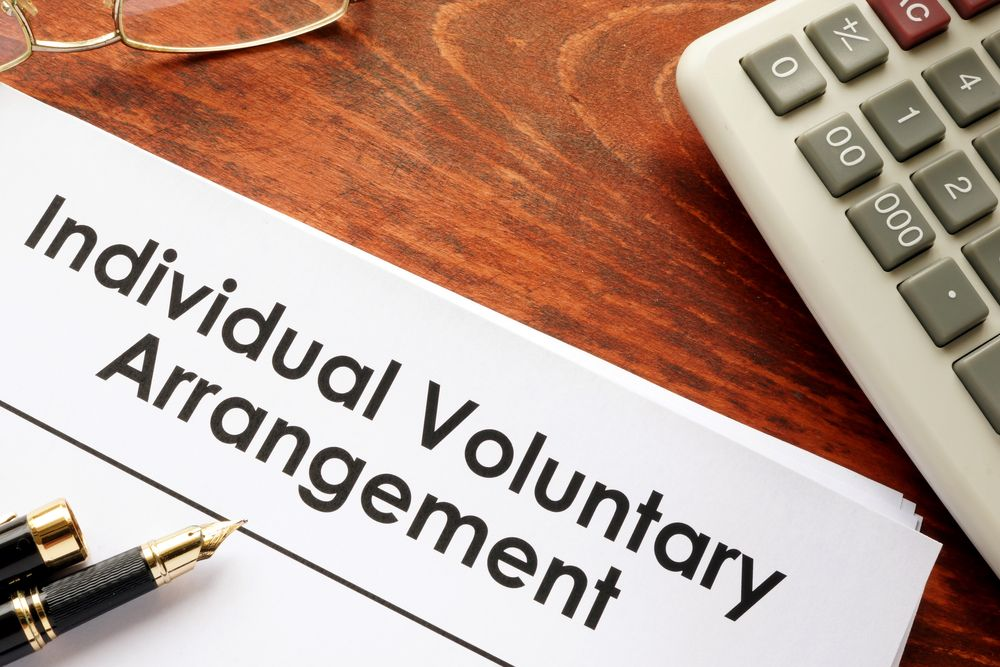You may have already heard about the IVA debt solution. But what will it actually mean for you? It can have both positive and negative implications depending on your financial situation, objectives and goals.
In this article, we examine what an IVA is and how it will affect you. You can then decide whether it best meets your needs.
We are here to offer clarity and direction on your path to becoming debt free. Our many years of experience allow us to advise you on whether an IVA is the best fit for your circumstances.
An IVA is an agreement to settle the unsecured debt you are struggling to repay. The settlement amount is often based on affordable monthly payments paid over 5-6 years. However, in some circumstances, it could be paid with a single lump sum. Once the agreed payments have been made, any outstanding debt is written off.
The agreement is legally binding on your creditors. This means once it is in place, they have to stick to it. They can no longer take legal action against you to enforce payment of their debt. In addition, all interest and late payment charges must be stopped.
A significant advantage of an IVA over Bankruptcy is that you can normally keep major assets such as your home or car.

How Does An IVA Work?
There are a number of steps involved in setting up and managing an IVA:
First a review of your financial situation has to be carried out. Most importantly you will have to complete an monthly income and expenses budget. Your total expenses are deducted from your total income to establish how much surplus income you have. Your surplus income is the amount you will be expected to pay into your IVA.
In addition to your income and expenses, you will also need to provide details of assets such as your property (if you are a home owner) and your car.
If you are thinking of starting an IVA, contact Bankruptcy Guide today. We will assist you with your financial review and establish what you can afford to pay each month.
All of your financial circumstances are summarised in one document known as your IVA proposal. Your income and expenses budget, details about your assets and a list of your debts are all included. The amount you are proposing to pay back during the Arrangement is also shown.
Your proposal document must be drafted by a special type of accountant known as an Insolvency Practitioner (IP). They are specially licensed to get your IVA in place and manage it once agreed.
Once your IVA proposal has been drafted, you have to sign it to confirm that you are happy for it to be sent to your creditors.

Your signed IVA proposal is forwarded to each of the debts you have listed (known as your creditors). They are usually given around 10 days to consider the offer. At the end of this time each will decide whether they want to accept your IVA or not. As long as at least 75% of the value of the creditors (who respond) agree to the proposal, it is agreed and becomes legally binding on them all.
Some creditors might require additional conditions to be added to the agreement before they agree. These might include things like extending the length of the Arrangement (ie making it 6 years rather than 5). Alternatively, asking for higher monthly payments if they feel you can afford to pay more.
Once your IVA is legally binding, you then have to start paying it. Normally this will involve you making the agreed monthly payment.
You pay your monthly payment as a single amount to the Insolvency Practitioner. They then divide the money among creditors in accordance with the terms.
An annual review of your circumstances will be undertaken each year. If your income has increased (or expenses significantly decreased) you may be asked to increase the monthly payment that you make until the end of the Arrangement.

Once you have made all your payments in accordance to the terms in your IVA, it will be completed. At this point any debt you owe which remains outstanding is written off. You will be issued with a completion statement confirming that your IVA has successfully ended and you are no longer bound by its terms and are debt free.
Frequently Asked Questions About IVA's
If you have questions that have not been answered here, check out our other IVA guides:
Choosing the right debt solution will have a big impact on your life. Before making any decisions, make sure you contact Bankruptcy Guide for expert, professional and confidential advice. All information, advice and assistance is provided by James Falla. James has over 20 years of experience advising on and implementing debt solutions such as IVA and Bankruptcy.